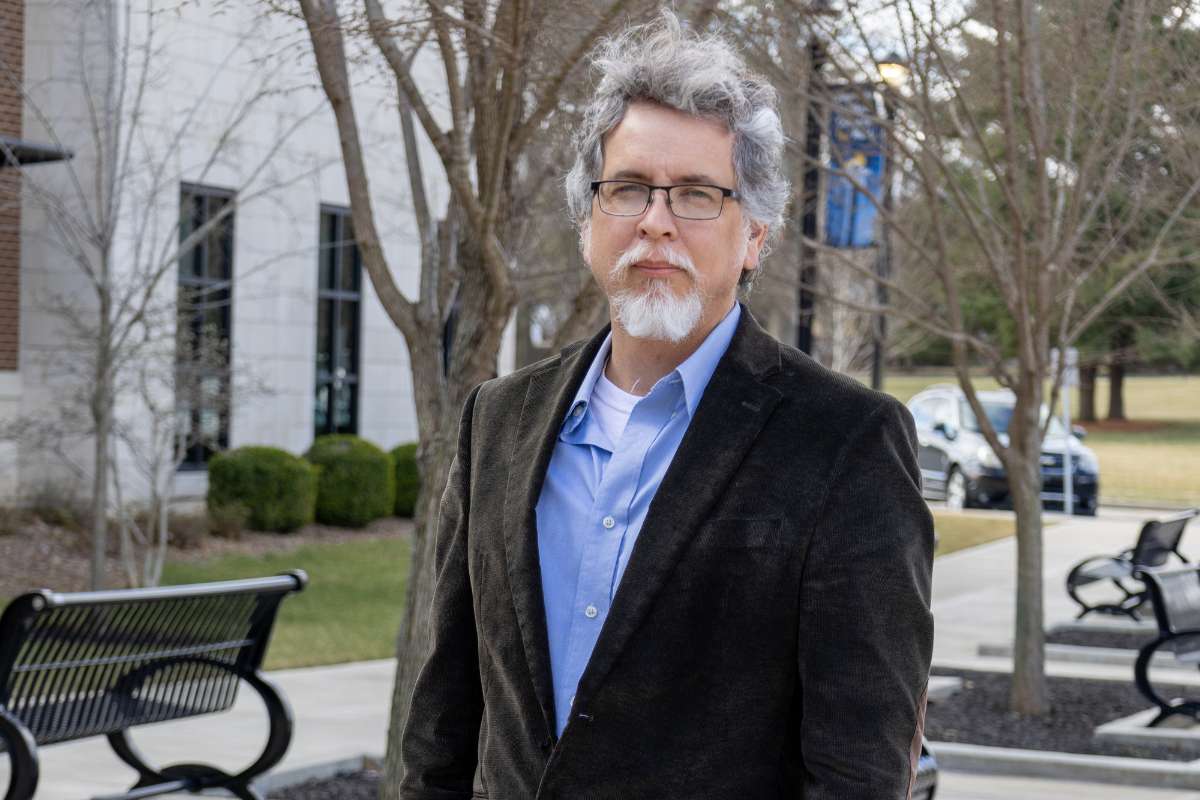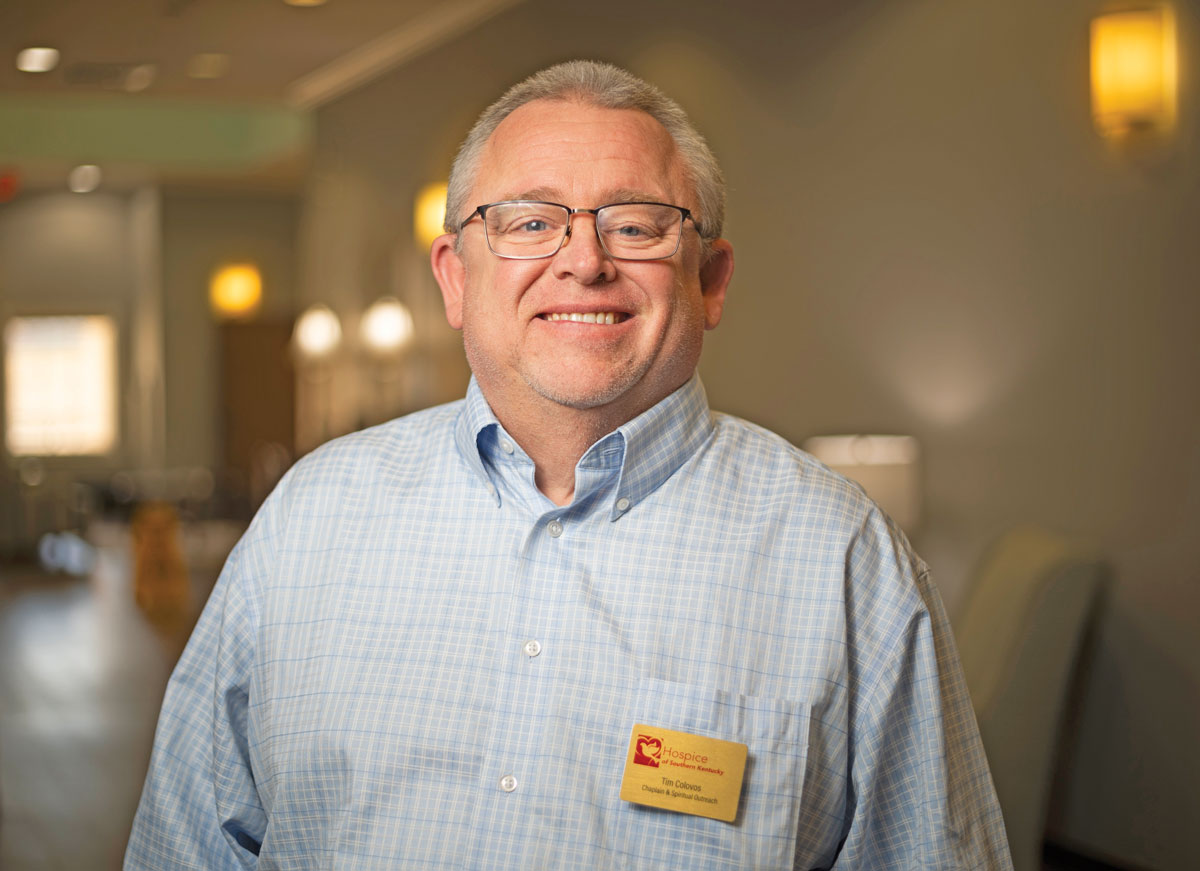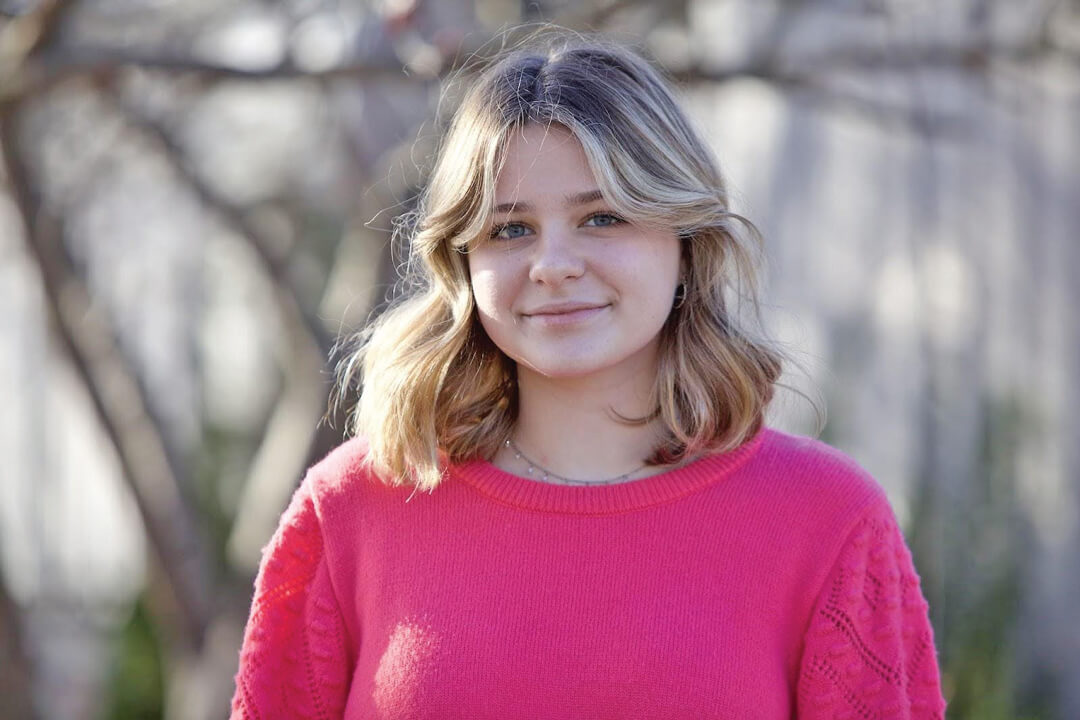SOMETIMES TRAGEDIES create change, lighting a spark in people to transform the world for the better. For EMT Stephen Parrott, that spark was the overdose death of a Bowling Green student. As a longtime EMT and an educator for Bowling Green High School’s EMT program, Parrott realized that many school systems across the country don’t speak to their students about the dangers of drugs — and that he is uniquely suited to fill that role. Now, he is that resource for schools across Kentucky.
It wasn’t an initiative he started alone.
“I got with Tommy Loving with the drug task force, and we got some information, and we built this PowerPoint,” Parrott said. “Now I go out to schools anywhere and everywhere to talk about fentanyl and drug overdoses.”
His main message is to never even try drugs, but there are other dangers kids need to be aware of. There are counterfeit pills, counterfeit vaping devices, and many other ways drugs can be introduced into a child’s life.

Parrott’s day job is as an advanced EMT with Med Center’s Emergency Medical Services (EMS) team, where he’s been for just over 26 years. That experience and the influx of overdose patients he saw factored into his decision to speak in schools. In the end, he created his own business, Parrott Consulting.
“I decided to form my own consulting business on my days off so I could travel all over Kentucky when called,” Parrott said.
Parrott traveled from Paducah to E-town to Monticello on those days off and began attending schools outside of Kentucky. In the past two years, he has spoken to 22,000 students. Not once has he cold-called a school. His work spreads by word of mouth fast enough that he has had to bring another person into his company just to keep up with the demand.
Most importantly, Parrott’s message has changed several students’ lives. Parrott keeps in touch with the schools he speaks to and said several students have come forward, gotten into rehab, or reached out to teachers for help. Part of his success, he said, stems from his EMT background.

“These kids hear from teachers, and they hear from police officers all day long — ‘don’t do drugs,’” Parrott said. “Another big reason I started my business is because they’ve never heard from people who are actually coming to take care of you.”
“If we’re not talking about drugs with our students and our children, then I feel that we’re part of the problem,” Parrott said. “If we’re not getting awareness out there, then we’re not helping anybody.”
Saving lives doesn’t have to be a grand event, after all. It could just be a meaningful conversation where it is most needed. GN





















